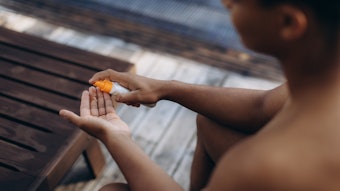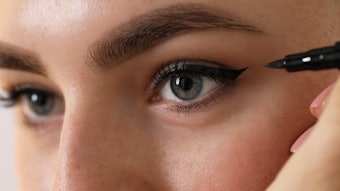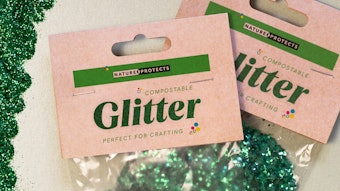
It's official. Starting in 2017, microbeads will be prohibited in the U.S. now that President Barack Obama has signed a U.S. Senate-approved bill into law banning these tiny plastic beads used in cosmetics and personal care products.
The ban on manufacturing microbeads is to begin on July 1, 2017; the ban on manufacturing over-the-counter drugs and on sales of cosmetics with microbeads is to begin on July 1, 2018 and the ban on sales of over-the-counter drugs containing microbeads is to begin July 1, 2019. In the meantime, formulators will need to instead use more eco-friendly alternatives.
Earlier this month, Congressman Fred Upton (R-Michigan) applauded the unanimous passage of H.R. 1321, the Microbead-Free Waters Act of 2015, which is bipartisan legislation co-sponsored by Upton and Rep. Frank Pallone (D-New Jersey) that bans the use of microbeads in rinse off cosmetic products.
“These microbeads are tiny plastic, but make for big-time pollution," said Upton, who chairs the House Energy and Commerce Committee. "As someone who grew up on Lake Michigan and represents a large chunk of Michigan coastline, I understand firsthand how important it is to maintain the beauty and integrity of our Great Lakes," he added in a statement.
Proponents of the microbeads ban have argued that fish often mistake non-biodegradable plastic microbeads for food and eat them, resulting in toxins further up the food chain. Research at Plymouth University, published in the Marine Pollution Bulletin, has shown that up to tens of thousands of microbeads, each a fraction of a millimeter in diameter, could be released in every single application of certain products, such as facial scrubs.
As a result, nine U.S. states, most recently California, have already instituted legislation to ban microbeads prior to the nationwide ban. A number of companies have already eliminated or have announced plans to eliminate microbeads from their products such as Unilever, Procter & Gamble, Johnson & Johnson, Beiersdorf, Colgate-Palmolive and L'Oréal.










